
The Ultimate Guide to Building a Product with Limited Resources: A Startup Playbook
Learn how startup founders with limited resources can efficiently build their products using proven tactics like MVPs, outsourcing, automation, and more.
As a YC alum, software engineer, and CTO who has launched several startups, I know firsthand how challenging it can be to build a great product when you have very limited resources as a founder. Every penny counts and you have to make the most of what you have in terms of budget, time, and talent.
But you don't need millions in venture capital to get a product off the ground. With some creativity, hard work, and the right approach, you can stretch your limited resources and build something impressive that gains traction. In this guide, I'll share some of the most effective strategies and tactics I've used to build products on a shoestring budget.
Start with an MVP (Minimum Viable Product)
When resources are scarce, you can't afford to invest tons of time and money building something that customers don't actually want. That's why the MVP approach is essential for cash-strapped startups.
An MVP is the most basic version of your product that allows you to validate your concept with real users as quickly and cheaply as possible. Your MVP should focus only on the core value proposition and critical functionality. Don't worry about all the bells and whistles and extra features - those can come later after you've proven that you're solving a real problem for customers.
How to Determine What Goes Into Your MVP
- Isolate the one key problem you are solving for users
- Identify the quickest, simplest solution to that one problem
- Cut any feature that isn't absolutely essential to solving that core problem
- Get your MVP in front of users fast for feedback before investing further
Outsource and Augment Your Team
Many founders assume they need to hire a bunch of expensive full-time engineers to build their products. But especially in the early stages, it's much more efficient to outsource product development or augment your team with part-time contractors.
Platforms like Upwork, Toptal, and Freelancer.com make it easy to find affordable engineers, designers, and other talented contractors from all over the world. And if you need more comprehensive product development services, consider partnering with a dev shop that specializes in startup MVPs.
Outsourcing allows you to pay only for the skills and hours you need at the moment without the commitment and overhead of full-time hires. Once you have more traction and funding, then you can bring aboard full-time team members.
Tips for Outsourcing Product Development
- Hire individual contractors for specific tasks vs entire projects
- Start with small projects to test out contractors before committing to big scopes of work
- Provide clear specifications, documentation, and communication
- Factor in time zone differences if working with offshore talent
- Always own the IP and have proper contracts in place
Automate and Use Off-the-Shelf Tools
Another way to build products faster and cheaper is to automate as much as you can by leveraging off-the-shelf tools and platforms. If you're not a technical founder, these solutions allow you to build a functional product without writing much code yourself.
No-code tools like Bubble and Webflow make it easy to build web apps, while ecommerce platforms like Shopify and marketplaces like Sharetribe allow you to spin up those types of sites without a ton of custom development. You can find tools to automate everything from payments to email marketing to customer service.
Examples of Problems to Automate
- Use Zapier or Tray.io to connect SaaS tools and automate workflows
- Use chatbots to handle basic customer inquiries
- Automate onboarding and user education with tools like Appcues
- Automate reporting and alerts with tools like Databox or Geckoboard
Prioritize Marketing and Sales Over Perfection
One of the biggest mistakes I see startups make is over-engineering their products before they actually start marketing and selling them. They waste months or even years trying to build the "perfect" product when they haven't even validated that people will pay for it.
The truth is, you'll never have a perfect product, and you don't need one to get paying customers. Especially for B2B products, your first versions can be very scrappy as long as you have a solid sales and customer success process to support them.
As a technical founder, it's tempting to focus all your efforts on product development. But don't overlook sales and marketing, or you'll end up with a great product that no one uses. Prioritize activities that directly drive revenue.
Scrappy Sales and Marketing Tactics
- Offer productized services before your product is fully built
- Do things that don't scale at first like hands-on onboarding
- Provide incredible customer support to turn customers into champions
- Use content marketing to build your audience ahead of your launch
- Prioritize direct sales outreach in the early days vs scalable channels
Continuously Gather Feedback and Iterate
Finally, to build the right product with limited resources, you need to continuously gather feedback and rapidly iterate based on what you learn from customers. Actively engage your early users to understand what's working, what's not, and what to build next.
Startups that try to build in a vacuum without user feedback are much more likely to fail. You can avoid wasting precious resources by ensuring that the features you develop are actually valuable to customers. Don't be afraid to pivot or adjust your strategy based on feedback.
Ways to Gather User Insights
- Conduct customer interviews and user testing regularly
- Monitor product usage data and look for patterns
- Send micro surveys and NPS surveys to gather input
- Provide an easy way for users to give feedback directly in your product
- Follow up with lost deals and churned customers to learn why
Leverage Your Network and Community
Building a successful product takes more than just technical skills - it requires support from a strong network and community. Don't be afraid to tap into your personal and professional connections to get help and advice.
Attend startup events and join online communities to meet other founders who are facing or have overcome similar challenges. Many successful founders are happy to "pay it forward" by sharing their hard-earned wisdom and making introductions.
I've found the Y Combinator network to be incredibly supportive - I can always count on fellow founders for thoughtful feedback, customer intros, or just moral support. Accelerators, incubators, and startup studios are all great ways to plug into a helpful community.
Ways to Leverage Your Network
- Ask for introductions to potential customers, partners, or investors
- Request feedback on your product, pitch, or strategy
- Find advisors or mentors who can provide guidance
- Collaborate with other startups on marketing or product initiatives
- Offer your own knowledge, connections, and support to others
Secure Alternative Funding and Resources
While the strategies above will help you stretch your existing resources, at some point you may need to seek additional funding and support to continue growing.
But before you jump straight to venture capital, consider alternative funding options like grants, pitch competitions, and crowdfunding. Many government organizations and private foundations offer grants for startups working in specific industries or on certain types of products. Winning a grant or pitch competition can provide a much-needed cash infusion without diluting your equity.
Crowdfunding platforms like Kickstarter allow you to validate demand and raise capital from your target market. If you have a consumer product, this can be a great way to fund your first production run.
Potential Funding Sources to Explore
- Government grants (SBIR/STTR, DARPA, etc.)
- Pitch competitions (TechCrunch Disrupt, MassChallenge, etc.)
- Accelerators (Y Combinator, Techstars, 500 Startups)
- Equity crowdfunding (SeedInvest, Republic, Wefunder)
- Debt financing (Lighter Capital, Clearbanc)
- Strategic partnerships (corporations seeking innovation)
How Horizon-Labs.co Can Help
At Horizon-Labs.co, we specialize in helping startups and founders build successful products with limited resources. As a product development agency, we deeply understand the challenges you face and have the technical expertise to help you overcome them.
Our team of skilled engineers, designers, and product managers have worked with startups across industries to bring their ideas to life quickly and affordably. We can help you at any stage, from validating your concept with an MVP to scaling your product for growth. By partnering with us, you can leverage our experience building products for YC startups and other successful companies while avoiding the cost and commitment of hiring full-time employees. We'll work closely with you to understand your vision and constraints, and provide you with a custom solution that fits your needs and budget.
If you're a startup founder looking for a trusted and experienced partner to help you build your product, we'd love to hear from you. Contact us today at info@horizon-labs.co or schedule a free consultation at https://www.horizon-labs.co/contact to learn how we can bring your ideas to life better, faster, and cheaper than the competition. Let's build something great together!
Whether you're validating an idea, scaling an existing product, or need senior engineering support—We help companies build ideas into apps their customers will love (without the engineering headaches). US leadership with American & Turkish delivery teams you can trust.
Need Developers?
We help companies build ideas into apps their customers will love (without the engineering headaches). US leadership with American & Turkish delivery teams you can trust.
















For Startups & Founders
We've been founders ourselves and know how valuable the right communities, tools, and network can be, especially when bootstrapped. Here are a few that we recommend.

Mistakes to Avoid When Building Your First Product
Learn the key mistakes founders make when building their first product—and how to avoid them for a faster, smoother launch.
Read more
The Rise of AI in Product Development: What Startups Need to Know
Learn how AI is transforming product development for startups. From MVPs to scaling, here’s what founders need to know in today’s AI-driven world.
Read more
No-Code vs. Custom Development: Which is Right for Your Startup?
Weighing no-code vs. custom development? Learn which is right for your startup depending on stage, budget, and product complexity.
Read more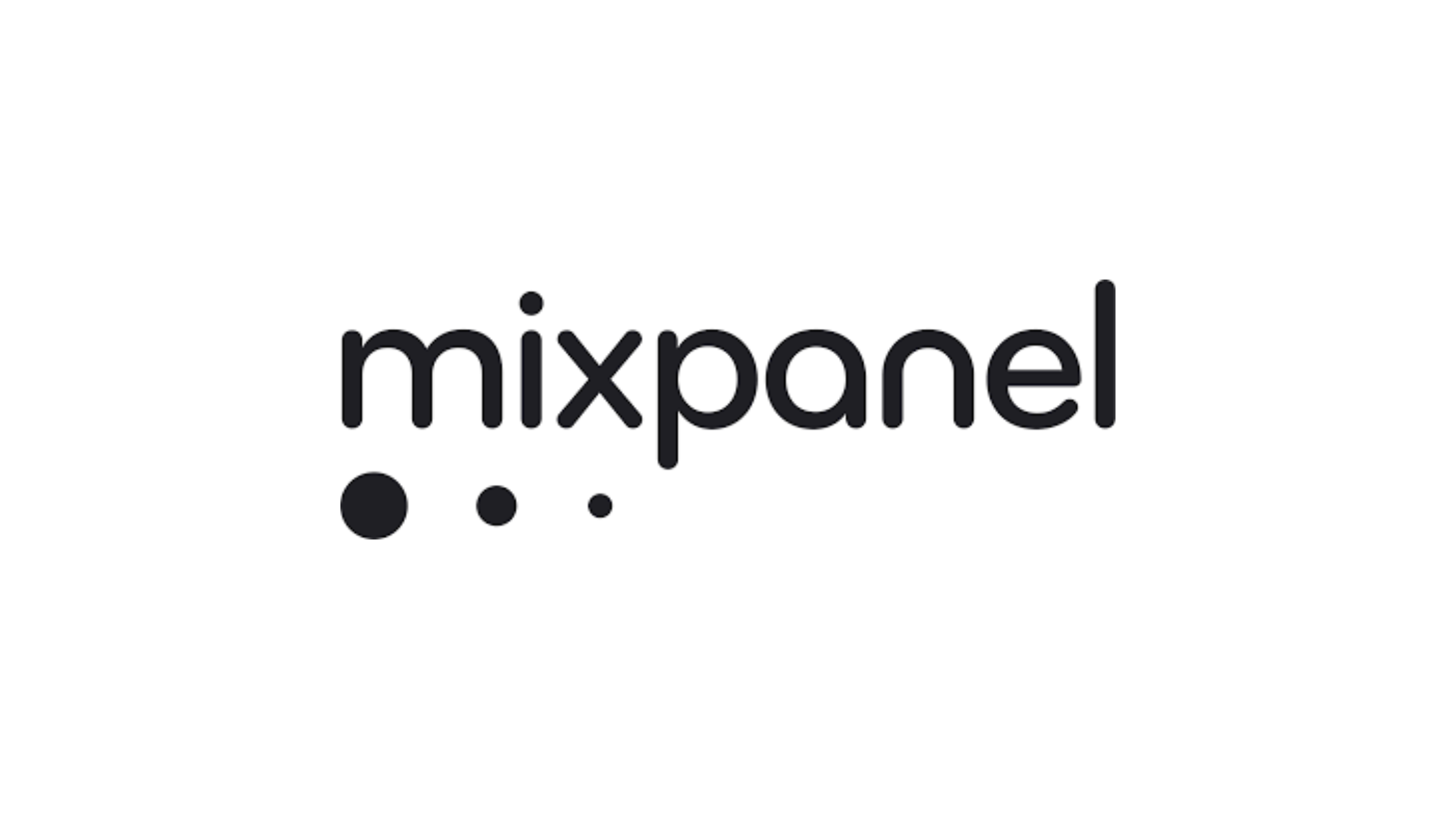
What is Mixpanel?
Learn how Mixpanel helps startups track user behavior to improve products and accelerate growth with clear data-driven insights.
Read more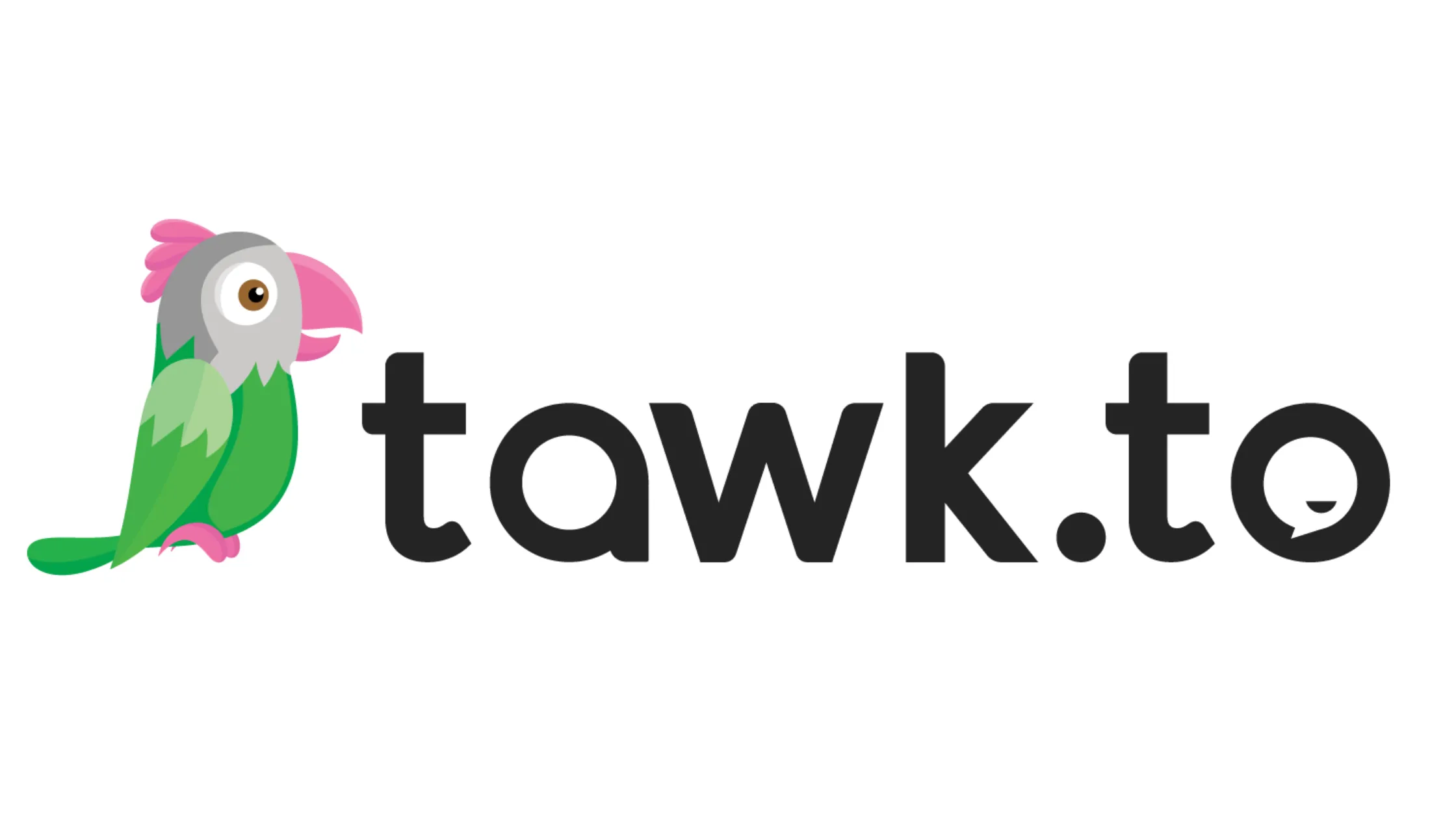
How Tawk.to Can Boost Your Startup’s Customer Support Game
Learn how Tawk.to can benefit startups by enhancing customer support and engagement. Perfect for early-stage founders!
Read more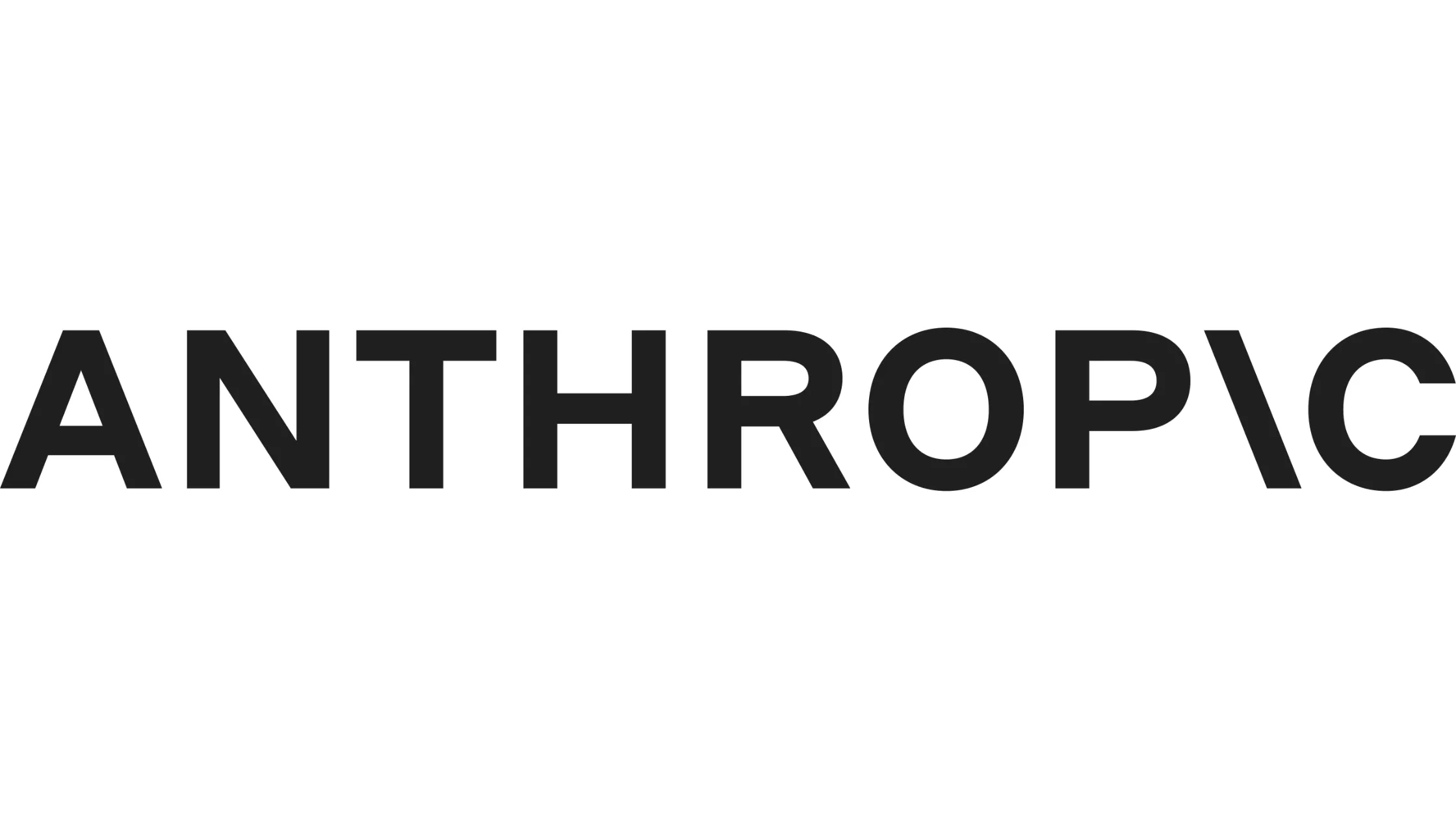
Grow Your Startup With Anthropic's AI-Powered Tools
Discover how Anthropic's cutting-edge AI tools can accelerate your startup's success. Learn about their benefits and see why they can be trusted by startups.
Read more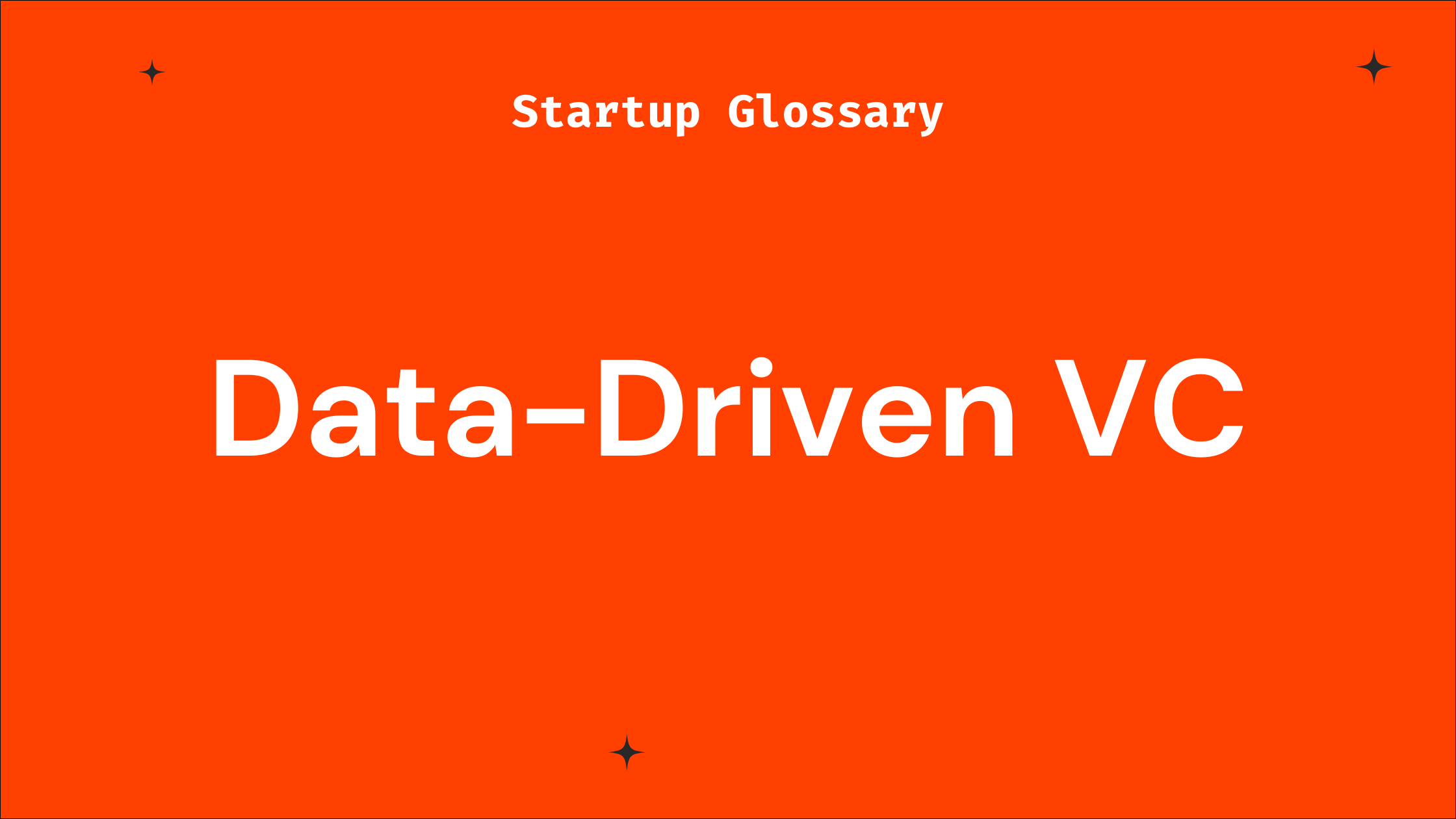
What is Data-Driven VC?
Learn what a data-driven VC means and how such investors can benefit your startup’s growth and fundraising journey.
Read more
What is Blockchain?
A beginner-friendly guide on blockchain for startup founders, covering key concepts, benefits, challenges, and how to leverage it effectively.
Read more
What is Cybersecurity?
Learn cybersecurity basics tailored for startup founders. Understand key risks, best practices, and how to protect your startup from tech threats.
Read more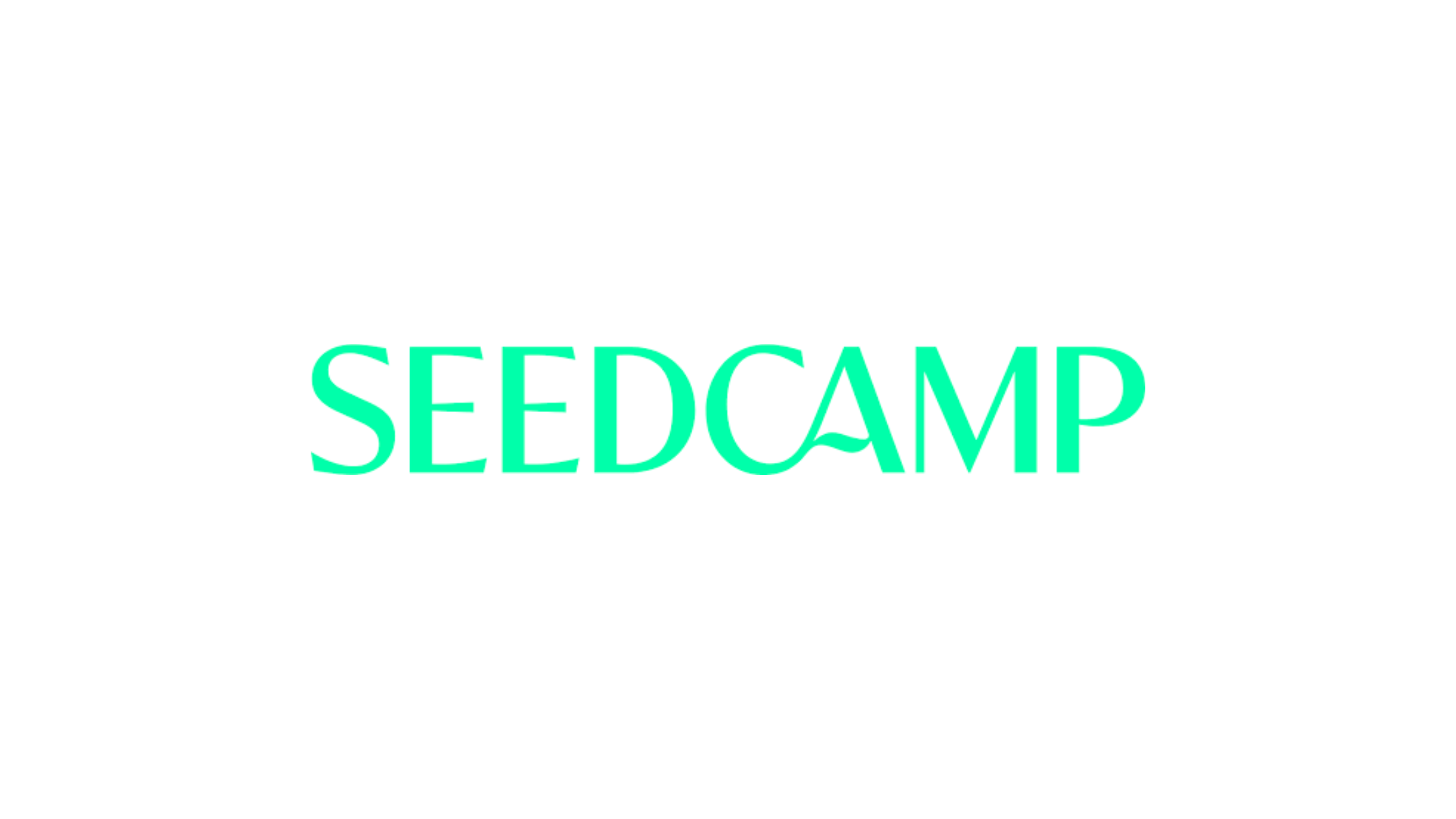
What is Seedcamp?
Learn what Seedcamp is, how its European seed fund and accelerator program work, and how founders can use its capital, mentorship, and network to scale their st
Read more
What is AngelList?
AngelList is a prime platform connecting startup founders to investors, talent, and resources to accelerate early-stage growth.
Read more
What is 500 Startups?
Learn what 500 Startups (now 500 Global) is, how its accelerator and seed fund work, and when founders should consider it—plus tips for early-stage startups.
Read more.webp)